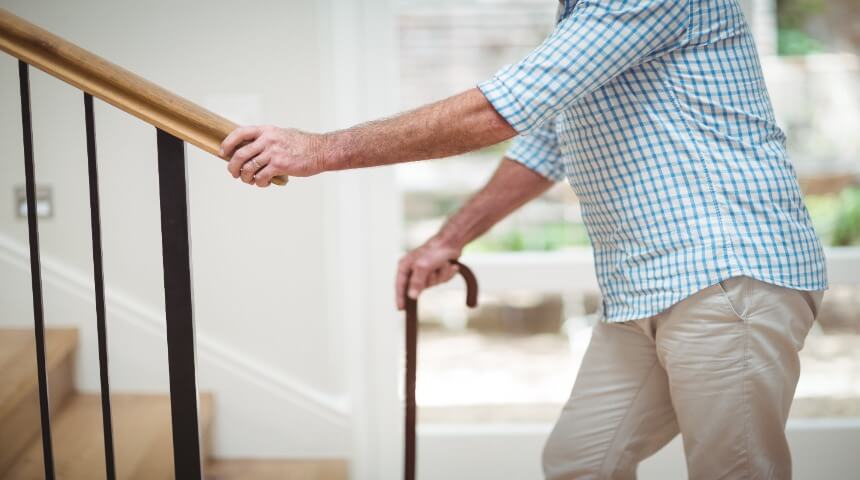Keeping the Adult Athlete’s Heart in Good Shape
You might be in good physical shape, but what kind of shape is your heart in? As an adult athlete playing on a college team, at the pro-level or in a city recreational league, you may focus more on injury-prevention than heart health. But whether young or old, athletes should know how to take care of their hearts.
Heart Problems and the Younger Adult Athlete
Younger adult athletes — meaning men younger than 35 and women younger than 45 — should take a moment and consider if they have had any symptoms either at rest or while active that might indicate a problem with their heart. Unusual shortness of breath, chest pain, leg swelling, palpitations or discomfort in the chest while lying down can be an indication of a potentially serious problem and should be checked out by a doctor right away.
Fortunately, it is rare for younger adults to experience heart problems. If you don’t have family or personal history of heart issues and have no symptoms, your best bet is to maintain a heart-healthy lifestyle that includes:
-
Eating a healthy diet with fruits, vegetables, whole grains, low-fat dairy, skinless poultry and fish, nuts and legumes, and non-tropical vegetable oils
-
Maintaining a healthy weight
-
Staying active. The American Heart Association recommends at least 150 minutes of moderate exercise a week or 75 minutes of vigorous exercise per week
-
Quitting smoking or not starting
-
Effectively managing stress

Heart Problems and the Older Athlete
While athletes at any age should follow the heart healthy lifestyle outlined above, older athletes — men older than 45 and women older than 55 — have additional risk factors to pay attention and these increase with age.
High blood pressure, high cholesterol and high blood sugar can add up to long-term health concerns that can slow down even the fastest athlete. Older adults can develop weakened heart muscles — sometimes due to illness — that can affect energy and stamina. Blocked arteries and arrhythmias are more common in older adults as well.
Before beginning any exercise program or starting a new sport, talk with your doctor or cardiologist.
These precautions are not intended to discourage adults from being athletic. Activity at any age is good and as you age, being active is even more important. Social interaction, physical activity, fresh air, change of scenery and sunshine are all excellent for your health.
By being aware of the risks that can occur as an adult athlete and addressing them preemptively, you’ll have a better chance of continuing to enjoy a long, healthy and active life.
COVID-19 May Cause Heart Injury
Because COVID-19 causes inflammation of the heart muscle, athletes that have tested positive for the new strain of coronavirus and then recovered should be evaluated before entering into any workout program, especially if you have noticeable symptoms, including:
-
Fatigue
-
Heart palpitations
-
Shortness of breath, after physical exertion or when lying down
-
Swelling in the hands, legs, ankles or feet
-
Chest pain/pressure
-
Lightheadedness/dizziness
-
A sudden loss of consciousness
Heart Disease Prevention Guide
We know that managing your heart health can be a daunting task. That’s why we’ve created a guide for patients to serve as a resource.










